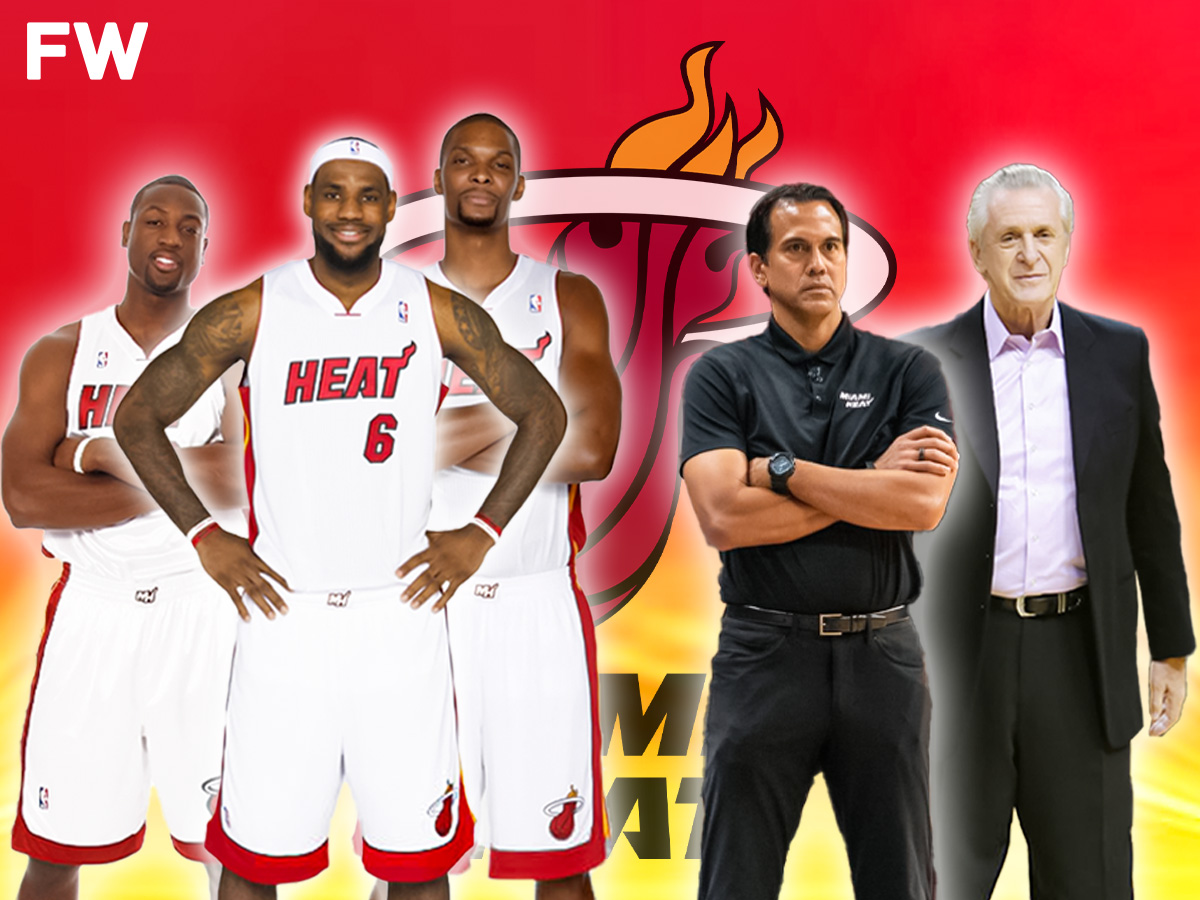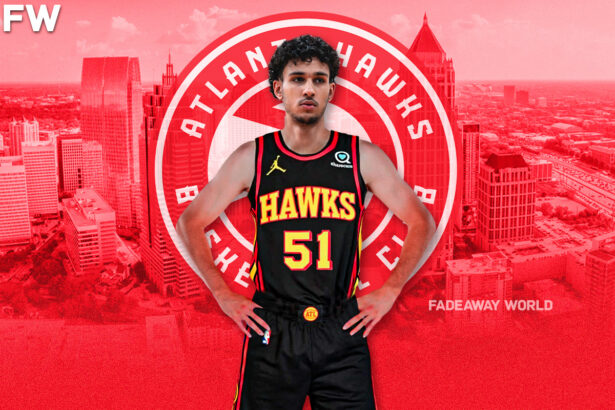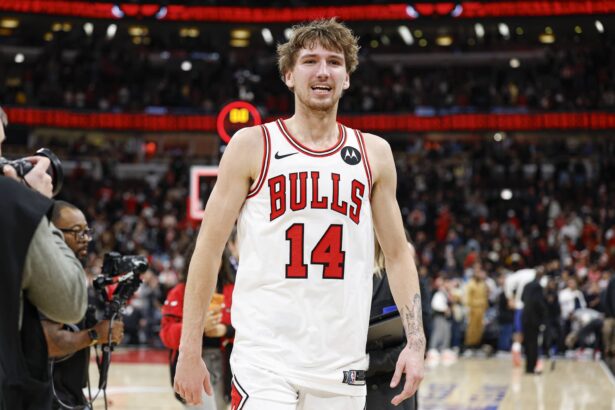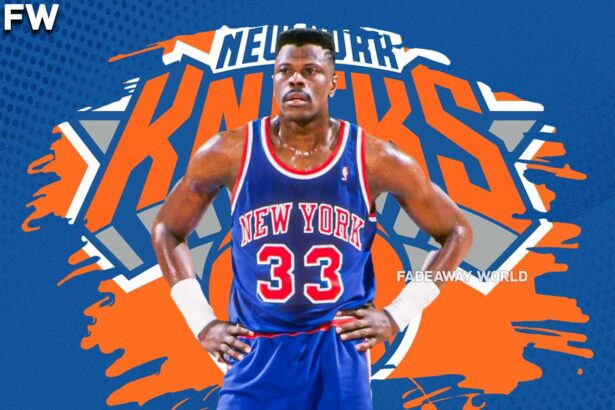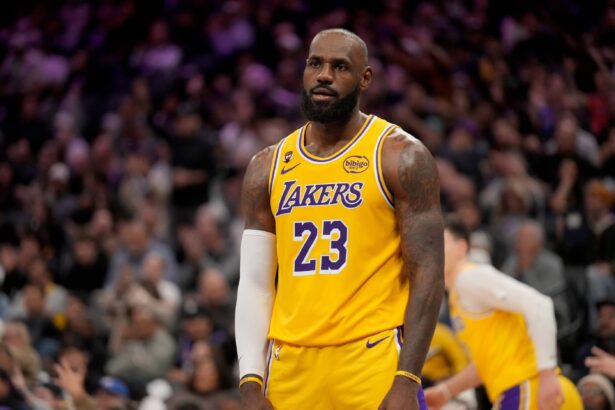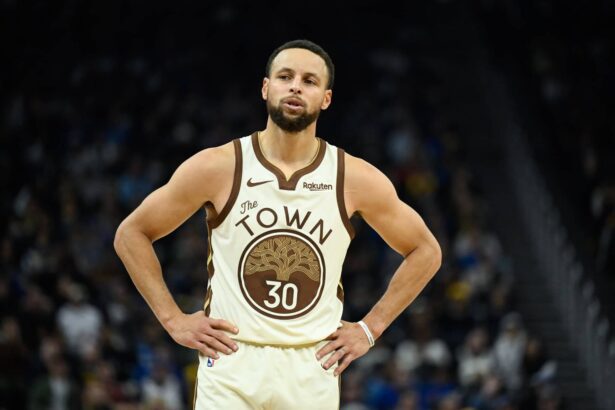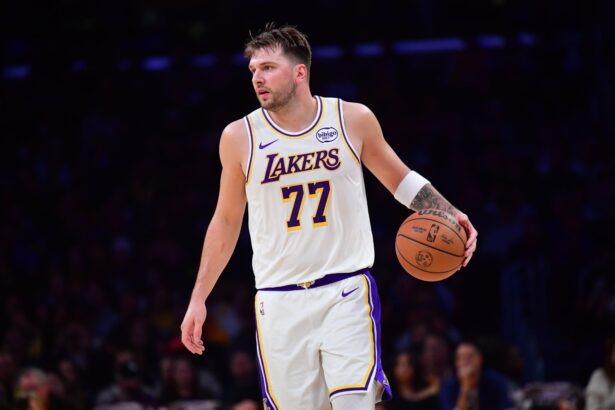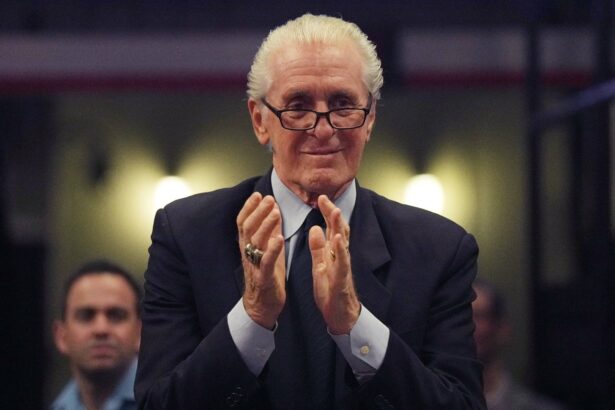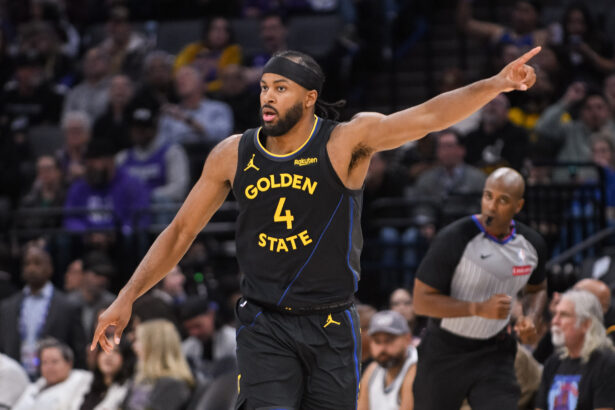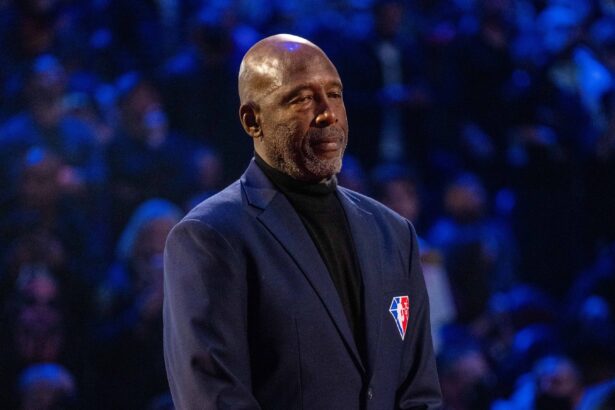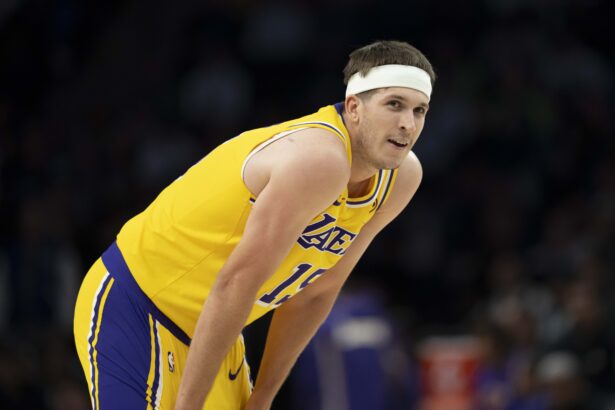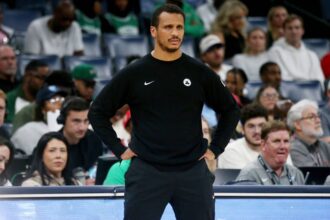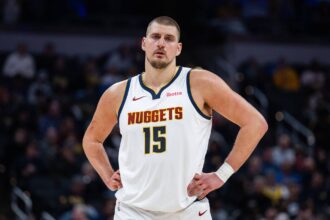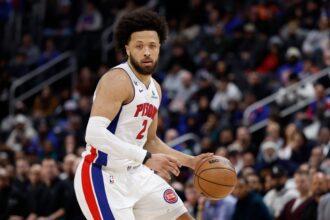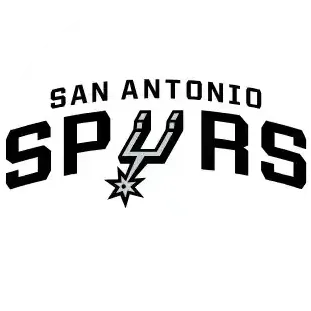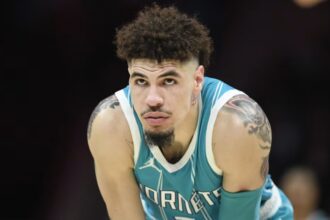- Wade warned LeBron against wanting Pat Riley as coach
- Riley’s intense 2006 coaching style concerned Wade for “Heatles”
- Spoelstra led the Heat to two titles, proving Wade’s belief
The year was 2010, and the NBA world was abuzz with the formation of the “Heatles”, comprising LeBron James, Dwyane Wade, and Chris Bosh. LeBron, eager for his first championship ring, had reservations about the relatively inexperienced Erik Spoelstra leading the charge. When LeBron James hinted at bringing Pat Riley back into the coaching seat for the Miami Heat, Dwyane Wade immediately stepped in with a resounding warning:
“I told him, ‘You don’t want Riley to coach this team’. Ain’t got nothing to do with Pat, I love him! ‘You don’t want Riley to coach this team’. And, even though Spo was not experienced, we needed a coach that was experienced so that we could win championships right away.”
“We gonna help him grow! You don’t want the Godfather to come back. He did it in 2006, I experienced it. That was enough.”
Having been previously molded and challenged by Riley’s rigorous coaching style during the Heat’s 2006 championship season, Wade had a firsthand experience of its intensity. His concerns weren’t against Riley’s capabilities but more about the type of atmosphere and pressure it would create.
Wade’s revelation on Club Shay Shay underscores the behind-the-scenes dynamics of that era. While Spoelstra was younger and less experienced, Wade believed in his potential. And history bore that out – under Spoelstra’s guidance, the Miami Heat became a powerhouse, winning two championships with the trio and continuing to remain a dominant force in the NBA landscape.
How Was Pat Riley As A Coach?
Pat Riley, often hailed as one of the NBA’s coaching legends possessed a unique blend of charisma, discipline, and tactical acumen that earned him accolades and respect throughout his illustrious coaching career. A master motivator, Riley was known for his unyielding emphasis on defense and his ability to extract the utmost effort from his players.
One of his defining traits was his unwavering commitment to discipline and fitness. Players under Riley’s regime were often subjected to rigorous training regimens and were expected to maintain peak physical condition. His famed practices, especially during his tenure with the Miami Heat, even included checking players’ body fat percentages to ensure they were in top form.
Riley’s coaching methods translated into undeniable success on the hardwood. Throughout his career, he clinched five NBA championships—four with the Los Angeles Lakers during their Showtime era in the 1980s and another with the Miami Heat in 2006. He was named NBA Coach of the Year three times, a testament to his influence and impact on the game.
But beyond the strict facade, Riley was known for fostering deep connections with his players, often forming lifelong bonds. His passion, combined with his tactical expertise, cemented his legacy as one of the all-time greats in NBA coaching history.
Pat Riley’s Legacy With The Miami Heat
Pat Riley’s indelible imprint on the Miami Heat has transformed the franchise into one of the NBA’s most respected and successful entities. Joining the Heat in 1995, initially as head coach and later transitioning to his role as team president, Riley instilled a culture of hard work, discipline, and excellence that became famously known as “Heat Culture.”
Under Riley’s guidance, Miami achieved its first NBA championship in 2006, a feat largely attributed to his coaching prowess and ability to unite a diverse group of talents. But perhaps even more influential than this singular achievement was Riley’s role in architecting the iconic “Big Three” era. In 2010, he masterminded the union of LeBron James, Dwyane Wade, and Chris Bosh, a trio that led the Heat to four consecutive NBA Finals and clinched two more championships in 2012 and 2013.
Beyond championships, Riley’s influence permeated the very ethos of the organization. He championed an environment where players were expected to give their utmost, both on and off the court. His relentless pursuit of greatness set a standard that players, coaches, and even staff members strived to meet.
Decades later, Riley’s legacy at the Miami Heat remains unshakable. He hasn’t just built a winning team; he’s crafted a lasting culture, ensuring that the Heat’s flame of excellence continues to burn brightly.
We sincerely appreciate and respect you as a reader of our site. It would help us a lot if you follow us on Google News because of the latest update.
Thanks for following us. We really appreciate your support.

